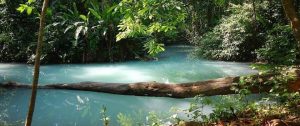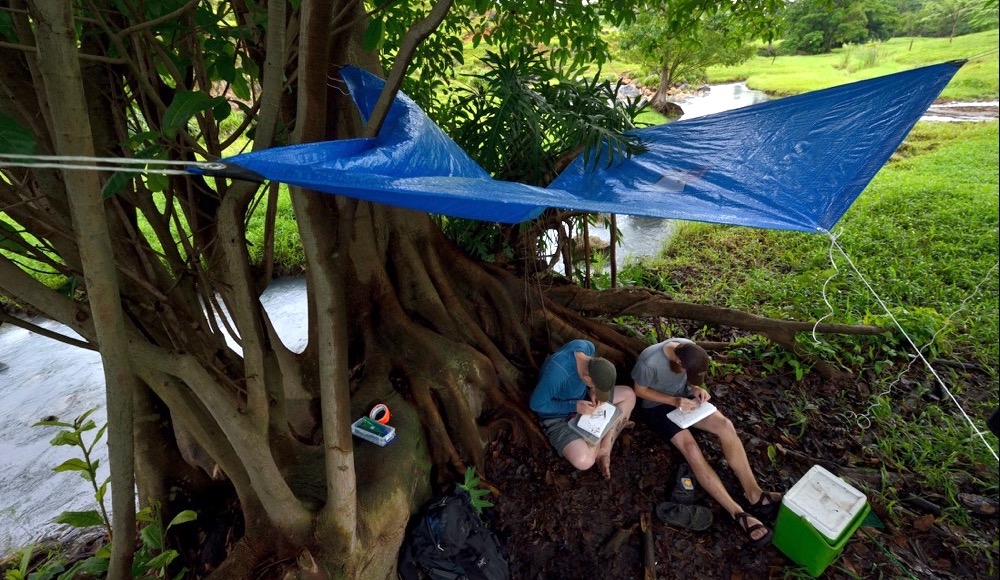 Our lab seeks to understand patterns of and mechanisms underlying biological diversification. Overall, we are trying to address two key questions: (1) How and why do organisms diversify phenotypically, and (2) how and why do reproductive barriers evolve between populations; i.e., under what circumstances can we observe speciation? Our research program emphasizes vertical integration of analyses across levels of biological organization to mechanistically understand how genomic variation translates to phenotypes and fitness of organisms in their natural environment. We also integrate horizontally among evolutionarily independent lineages exposed to similar selective regimes to quantify the relative importance of convergent and non-convergent evolution. To achieve our goals, we leverage collaborations with researchers from diverse backgrounds, and we combine concepts and methods from various disciplines, including geochemistry, ecology, evolution, physiology, animal behavior, genetics, and genomics. While we work on a variety of systems, the core research in the lab focuses on fishes of the family Poeciliidae, including some that have colonized extreme environments in the form of caves and toxic springs rich in hydrogen sulfide.
Our lab seeks to understand patterns of and mechanisms underlying biological diversification. Overall, we are trying to address two key questions: (1) How and why do organisms diversify phenotypically, and (2) how and why do reproductive barriers evolve between populations; i.e., under what circumstances can we observe speciation? Our research program emphasizes vertical integration of analyses across levels of biological organization to mechanistically understand how genomic variation translates to phenotypes and fitness of organisms in their natural environment. We also integrate horizontally among evolutionarily independent lineages exposed to similar selective regimes to quantify the relative importance of convergent and non-convergent evolution. To achieve our goals, we leverage collaborations with researchers from diverse backgrounds, and we combine concepts and methods from various disciplines, including geochemistry, ecology, evolution, physiology, animal behavior, genetics, and genomics. While we work on a variety of systems, the core research in the lab focuses on fishes of the family Poeciliidae, including some that have colonized extreme environments in the form of caves and toxic springs rich in hydrogen sulfide.
The Department of Biology at the University of Missouri—St. Louis offers excellent resources for students interested in organismal biology, ecology, and evolution. If you are interested in joining the lab for a Master’s or a Ph.D., please browse through the Tobler Lab publications and read the notes for prospective graduate students. Undergraduates that are interested in getting research experience, please consult the undergraduate research page.

